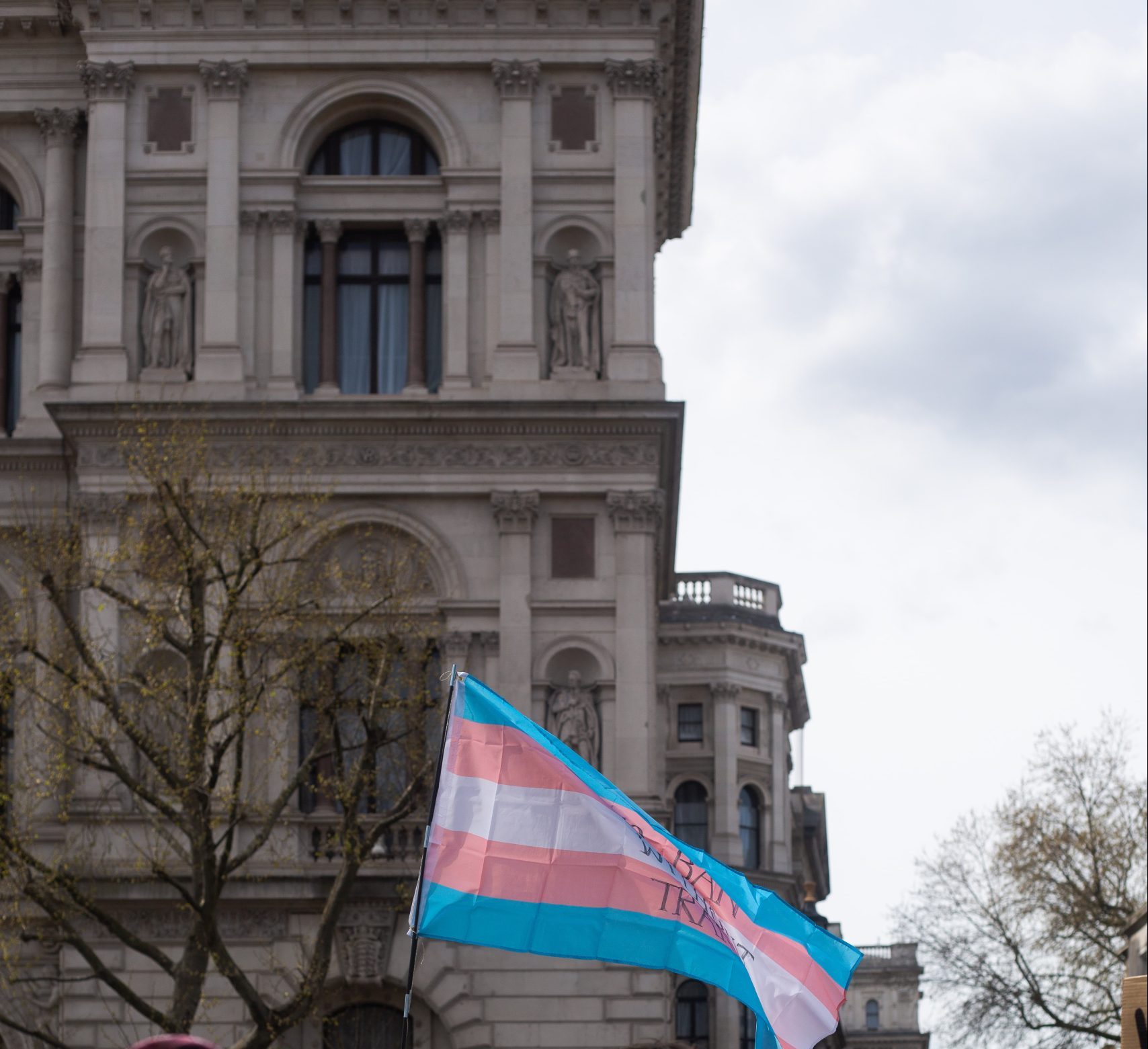
The Importance of Pronouns
Pronouns became a bit more understandable when suddenly I began to understand myself more.
International Pronouns Day was on the 20th October in 2021, which is also my birthday and I turned 32.
Turning 32 was something that a few times in my life was almost impossible to consider. At a few times, so were my pronouns.
To me, pronouns were not the first part of my journey because nowhere at the beginning of my story did anyone ask me how I identified, or what my pronouns are. I, like a lot of young people were assumed a persona and almost given an identity to adapt themselves to, not the other way around. I was assumed female, given the identity of a female, and expected to behave and react in certain ways. For example, I wasn’t allowed to play for a football team in primary school, because they “weren’t for girls”.
Not coincidently, I ‘came out’ as transgender in 2007 at the age of 17.
Pronouns became a bit more understandable when suddenly I began to understand myself more.
When accessing services that supported LGBTQ+ people, conversations about pronouns would happen a lot more than anywhere else. This really helped me familiarise myself with the concept. You mean, I get to identify myself and tell others who I am? It was ground-breaking to me.
Over the years I have become more and more used to discussing pronouns, asking others their pronouns, and negotiating with people who are still working on their understanding. Something I have experienced a lot is that people can be really confused talking about pronouns and I often receive a lot of questions once I have told someone about my trans-identity. I have been saying more as time goes on, that you don’t have to identify as transgender or non-binary to have pronouns. They are yours; they are free to explore and change.
When you are working with children and young people, being authentic is very important
In social situations, it can still feel unnerving to begin conversations about how we each identify. To constantly extend a hand to another person, when you are unsure of their reaction gets exhausting. Dangerous even. It would be so much easier if it was more commonplace that people would introduce themselves with their name and pronouns. What a way to start a positive exchange with someone, when you know exactly what their name is and what pronouns they use!
If it all feels a bit over the top, think about the alternative – you call the person by a name and pronoun that they don’t use. Not only is it awkward but it can be very distressing to that other person. Not how you would like to start a new friendship! A better way to start any type of social interaction? By respecting that person’s identity.
Being a part of an organisation that not only asks what your pronouns are, but also how you identify is important to me. It means that I might be able to be myself and not lie about my experiences to protect myself from other people’s reactions, which I have had to do a lot in the past. It begins to create a scenario in which I feel that I can bring all of myself to work, and when you are working with children and young people – being authentic is very important when trying to build trust.
From a purely personal point of view, why not celebrate yourself? You may have been through a lot to be who you are, and it may have taken a lot to get to the point you are at.
You do you, you are powerful!
My name is Nathan, I use he/him/his pronouns. Signing off now!
Nathan Frost
This is a Guest Blog, written by our very own Nathan Frost (Lead of our LGBTQIA+ Staff Group).